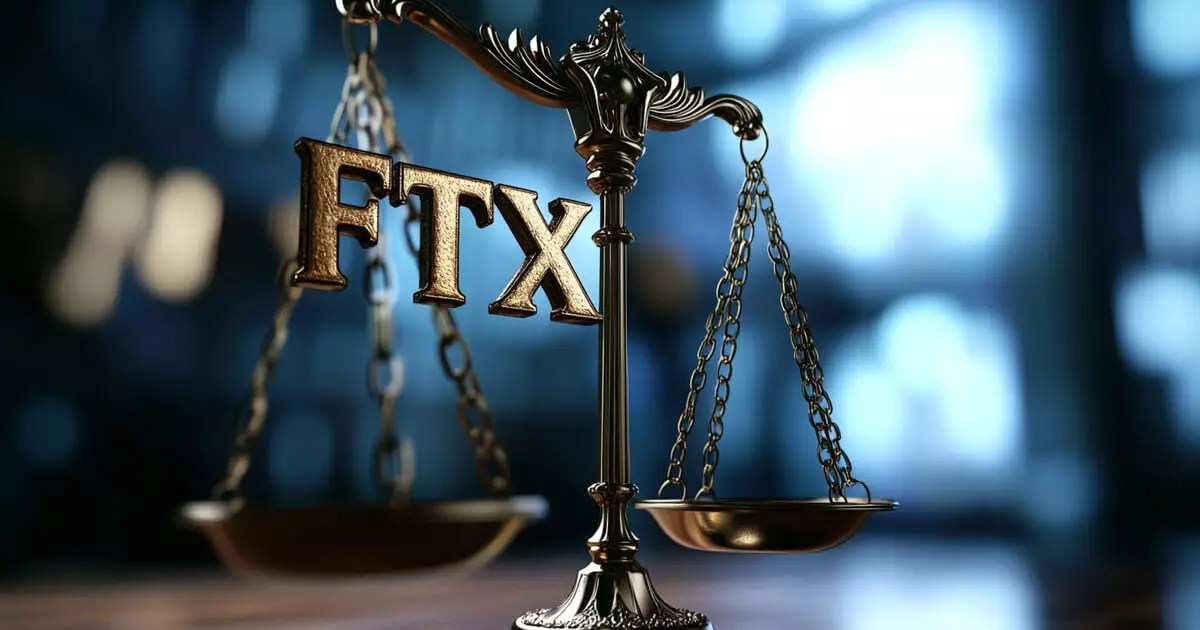The downfall of FTX, once a beacon of innovation in the cryptocurrency industry, has left a significant mark on financial markets and investor trust. At the center of the chaos surrounding the crypto exchange was Nishad Singh, a former executive whose subsequent cooperation with federal prosecutors has added layers of complexity to the ongoing investigations. His actions reveal a nuanced interplay of remorse, responsibility, and the harsh realities of corporate governance in high-stakes environments.
On October 23, prosecutors filed a motion to the court highlighting Singh’s “substantial assistance” in understanding the mechanisms that facilitated the misuse of customer funds at FTX. Singh’s cooperation isn’t merely a formality; it represents an opportunity for the justice system to potentially unravel a convoluted web of financial misconduct. Singh’s remorse and willingness to divulge information have been characterized as “exemplary,” suggesting that perhaps there is a foundation of integrity that could be built upon even amid scandal. His testimony has not only aided investigations but also illuminated the obscure practices that allowed FTX to operate under unethical circumstances.
The law enforcement agencies have noted that Singh went beyond standard cooperation, shedding light on illicit activities that were previously unknown. He implicated key figures, including Sam Bankman-Fried, in significant financial crimes, including one of the largest campaign finance violations in U.S. history. Moreover, Singh’s revelations about the falsification of FTX’s financial statements offer critical insights into how the organization projected an inflated sense of profitability to its investors, thereby eroding the integrity of both the organization and the cryptocurrency sector.
The implications of Singh’s cooperation extend to the judicial process. By invoking Section 5K1.1 of the US Sentencing Guidelines, prosecutors have positioned Singh for potential leniency in sentencing, a privilege not afforded to his co-defendants, such as Bankman-Fried and Caroline Ellison, who face severe legal repercussions. Singh’s legal team has advocated for a “time served” sentence, emphasizing his limited role in the broader dysfunction at FTX. The sentencing judge will now consider not only the gravity of Singh’s actions but also the nature of his assistance to ensure accountability without disregarding the potential for reform and restitution.
As the court date approaches on October 30, the anticipation hangs in the air regarding the potential outcomes. Singh’s cooperation could set a crucial precedent in how cases involving corporate malfeasance are handled moving forward. The case highlights the imperative for individuals in leadership positions to cultivate a sense of ethical responsibility, particularly in industries as volatile and fast-paced as cryptocurrency. This saga is not merely a story of legal proceedings; it reflects the broader ethical dilemmas and challenges of leading a highly influential financial entity amidst rampant speculation and ambition.
Ultimately, Singh’s narrative serves as a reminder of the enduring principle that cooperation with authorities, combined with genuine remorse and a foundation for future ethical behavior, can yield avenues for redemption, even within the most turbulent scenarios.













